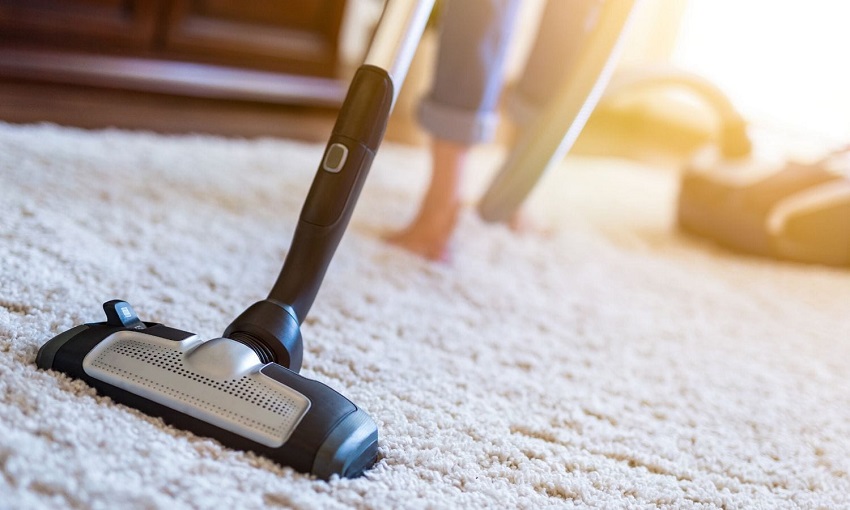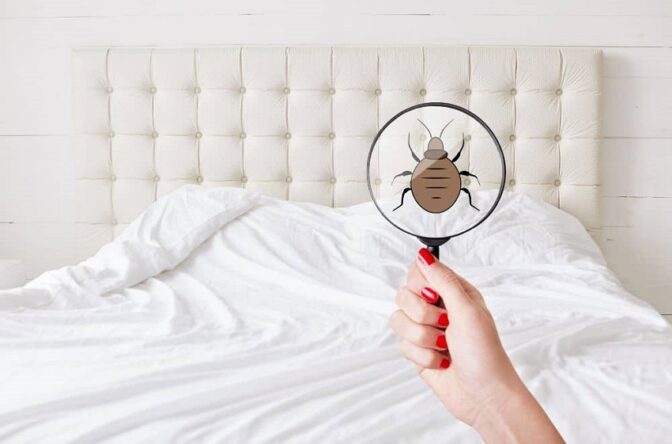Have you ever noticed small, jumping pests on your pets or in your home and wondered if they will simply disappear without intervention? Fleas, those tiny, irritating insects that feed on the blood of animals, can be a persistent nuisance. In this article, we will explore the question, “Will fleas go away on their own?” and provide you with valuable insights on dealing with these pesky creatures.
Understanding the Nature of Fleas
Fleas are wingless insects known for their ability to jump long distances. They are commonly found on pets like dogs and cats but can also infest human habitats. Fleas reproduce quickly, laying numerous eggs that can develop into adult fleas within a matter of weeks. These resilient creatures are not easily eliminated, leading many people to wonder if they will eventually disappear without any intervention. Discover what do fleas look like.
The Flea Life Cycle
To better understand whether fleas will go away on their own, it’s important to delve into their life cycle. Fleas go through four stages: egg, larva, pupa, and adult. The adult fleas feed on blood, while the eggs and larvae are found in the environment, such as carpets, bedding, or pet fur. The pupa, cocooned in a protective casing, is the transitional stage between larvae and adult fleas.
Flea Infestation Challenges
Flea infestations can be challenging to eradicate completely due to several factors:
- High Reproduction Rate: Fleas reproduce rapidly, with female fleas capable of laying up to 50 eggs per day. This high rate of reproduction makes it difficult for infestations to naturally subside.
- Survival Abilities: Fleas are resilient insects and can survive in various environments. Their eggs can lay dormant for months, making it harder to eliminate them completely.
- Host Dependence: Fleas require a blood meal to survive and reproduce. If they have infested your pets, they will continue to thrive as long as they have a host available.
Factors That Influence Flea Population Decline
While fleas may not disappear entirely on their own, certain factors can contribute to a decline in their population:
- Effective Flea Prevention: Regularly treating your pets with veterinarian-recommended flea preventatives can help control the flea population. These preventive products kill adult fleas and disrupt the flea life cycle, reducing their numbers over time.
- Cleaning and Vacuuming: Maintaining cleanliness in your home is crucial when dealing with fleas. Regular vacuuming, washing bedding and pet accessories, and mopping floors can help remove flea eggs, larvae, and pupae from your living environment.
- Professional Pest Control: In severe infestations, seeking professional pest control services may be necessary. Pest control experts can employ targeted treatments to eliminate fleas effectively and provide guidance on preventing future infestations.
- Environmental Factors: Fleas thrive in warm and humid environments. Changing the temperature and humidity levels in your home can discourage their survival and reproduction.
Conclusion
In conclusion, fleas are not likely to go away on their own. Their high reproduction rate and survival abilities make it challenging for infestations to naturally subside. However, by implementing effective flea prevention measures, maintaining cleanliness in your home, and seeking professional pest control when necessary, you can significantly reduce the flea population and alleviate the infestation.
FAQs
Q1: Can fleas infest humans?
Yes, fleas can infest humans. While they prefer animals as their hosts, they can bite humans and cause itchy, red bumps.
Q2: How long can fleas survive without a host?
Adult fleas can survive for several weeks to months without a host, while flea eggs, larvae, and pupae can remain dormant for even longer periods.
Q3: Can fleas transmit diseases to humans?
Yes, fleas can transmit diseases like murine typhus and bubonic plague. However, these instances are relatively rare.
Q4: Can fleas live outside in cold weather?
Fleas prefer warm and humid environments, but they can survive outdoors in cold weather by seeking shelter in animal burrows, leaf piles, or protected areas.
Q5: How can I prevent fleas from infesting my home?
To prevent fleas from infesting your home, use veterinarian-recommended flea preventatives for your pets, regularly clean and vacuum your living spaces, and maintain good hygiene for your pets.
